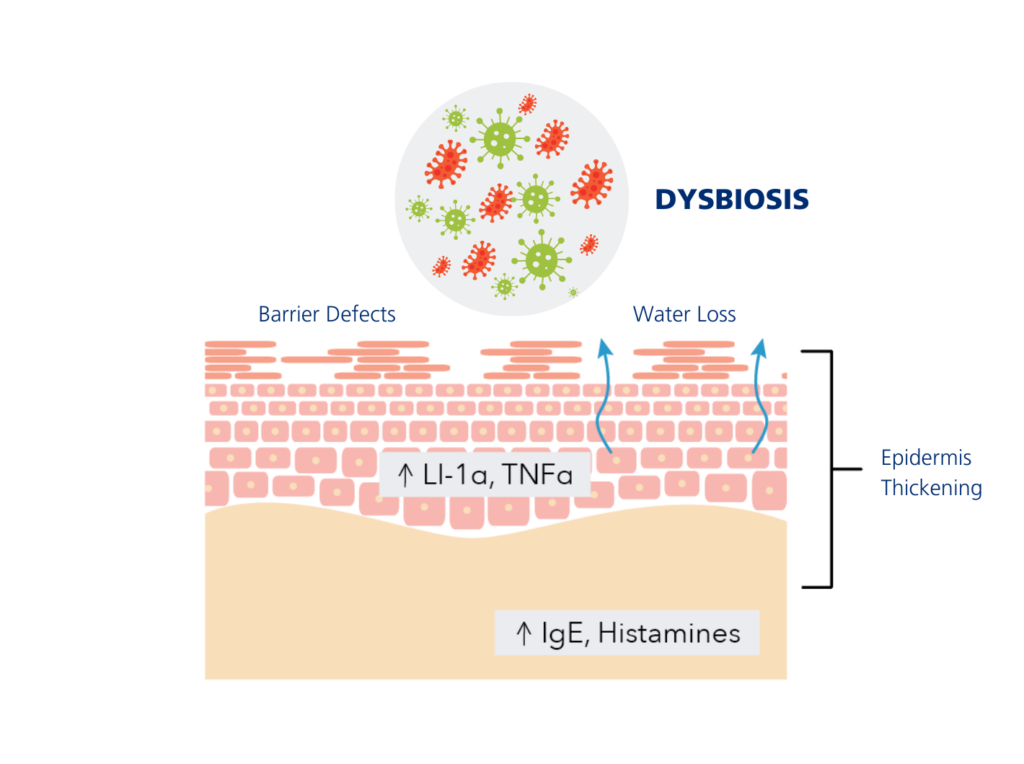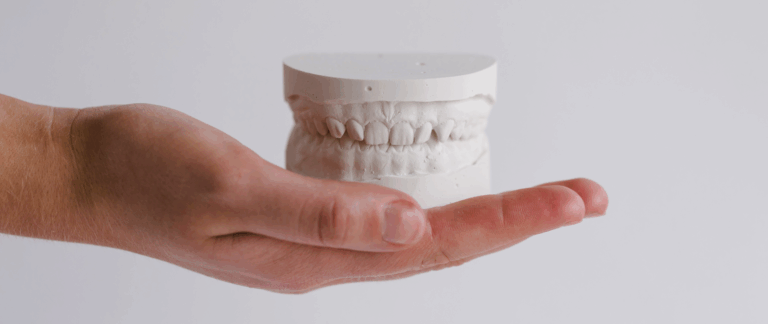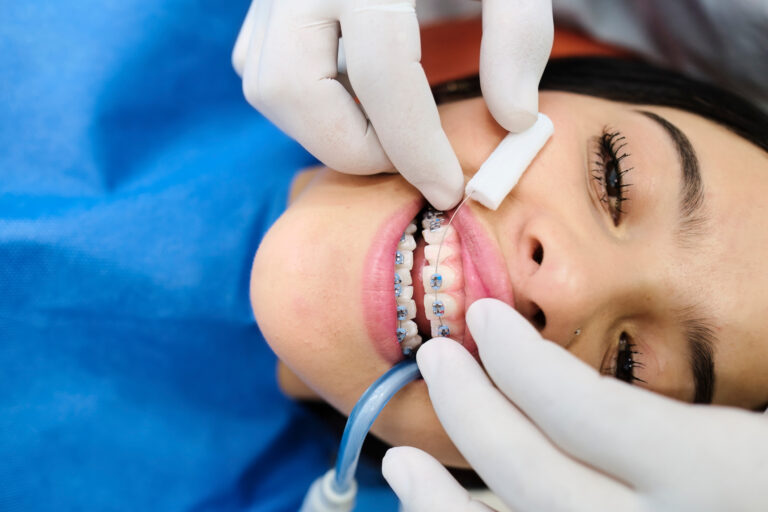Rosacea is a chronic skin condition that affects millions worldwide, characterized by facial redness, visible blood vessels, swelling, and sometimes, acne-like breakouts. Those living with rosacea understand the frustration of managing its unpredictable flare-ups and seeking effective skincare solutions. In recent years, the use of probiotics in skincare has gained traction, offering a promising avenue for managing rosacea symptoms.
Probiotics, often referred to as “good bacteria,” play a crucial role in maintaining the skin’s microbiome, the complex ecosystem of microorganisms that live on its surface. When this balance is disrupted, it can lead to skin issues like rosacea.

How do probiotics work?
Probiotics are live bacteria that keep you healthy. The more good bacteria we have in our body, the more we can fight off bad bacteria and prevent problems such as IBS and gastrointestinal issues.
Just like our gut, our skin is home to millions of bacteria, fungi and viruses , which are collectively known as the skin’s microbiome. When used in skincare, probiotics contribute to microbial diversity that is commonly lost through exfoliation and cleansing with harsh products. Probiotic cream increases the number of healthy bacteria on the skin’s barrier and forms a protective shield against bad bacteria.

Here’s how probiotics can benefit rosacea-prone skin:
1. Calming inflammation and redness
The imbalance of microflora on the skin’s surface can trigger inflammation, exacerbating rosacea symptoms. Probiotics, when applied topically or ingested orally, can help restore balance to the skin’s microbiome. These beneficial bacteria work to reduce inflammation and redness, providing relief to sensitive and reactive skin.
2. Strengthening the skin barrier
A compromised skin barrier is often associated with rosacea, leading to increased sensitivity and susceptibility to irritants. Probiotics aid in reinforcing the skin’s natural defense mechanisms, fortifying the barrier function. This strengthened barrier helps shield the skin from external aggressors, reducing the likelihood of flare-ups.
3. Regulating Immune Responses
Research suggests that an imbalance in the skin’s microbiome can trigger an overactive immune response, contributing to rosacea symptoms. Probiotics have shown the potential to modulate the immune system, regulating the body’s responses to inflammation. This modulation can help manage the severity and frequency of rosacea flare-ups.
4. Maintain skin hydration
Probiotics assist in maintaining optimal skin hydration levels by supporting the production of ceramides and lipids, crucial components of the skin barrier. Well-hydrated skin is better equipped to manage rosacea symptoms, reducing dryness and irritation.
5. Supporting overall skin health
Beyond managing rosacea, incorporating probiotics into skincare routines offers holistic benefits. Probiotics can enhance the overall health of the skin, promoting a balanced and resilient complexion.
References:
[1] Weitao Zhu, Michael R. Hamblin and Xiang Wen, Role of skin microbiota and intestinal microbiome in rosacea Frontiers in Microbiology






